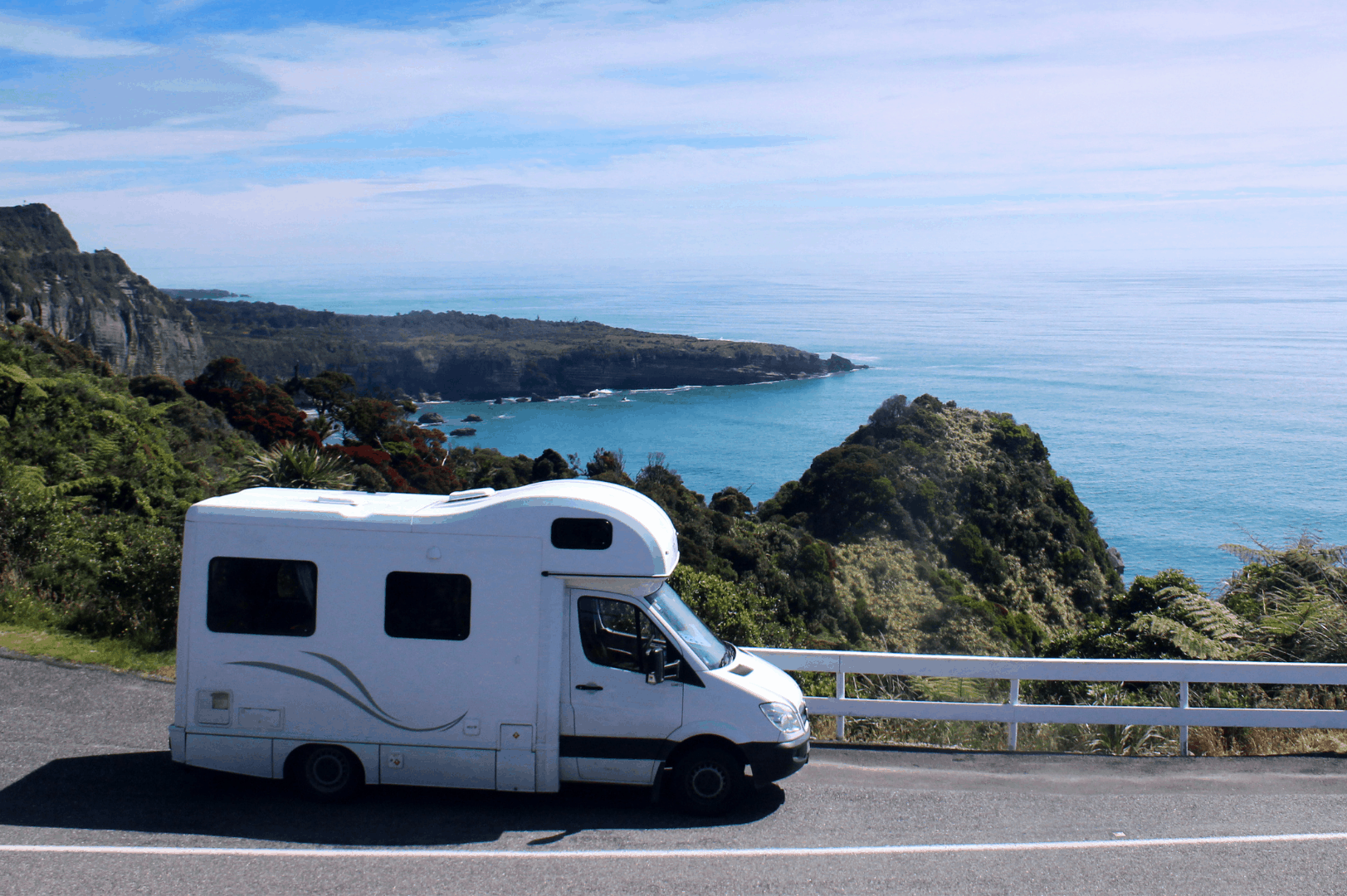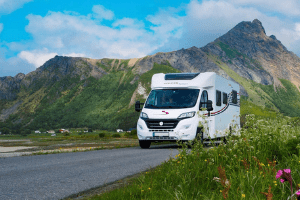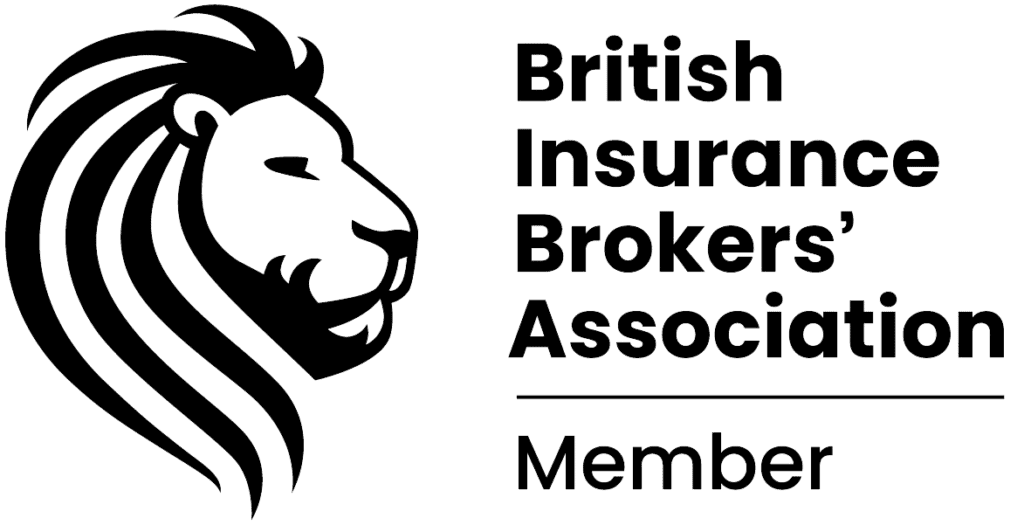According to the National Caravan Council (NCC) there are estimated to be around 228,000 motorhome and campervans in the UK. In the last year, dealers have reported a rapid increase in motorhome and campervan sales as interest in staycations has reached an all-time high. Google searches for ‘campervans for sale’ has doubled since June last year in the UK.
As we head towards the summer holiday season, the thought of driving off on a motorhome or campervan adventure is even more appealing. However, the task of finding the right leisure vehicle for you can be a daunting one. So, to help you gain an insight into the world of motorhomes and campervans, we have created this guide to help alleviate the stress around buying a new vehicle and to ensure you are better informed before you make your decision.
What is the difference between a campervan and a motorhome?
If you’re new to the camping life, your leisure vehicle knowledge may be limited. When it comes to motorhomes and campervans, there are features unique to each vehicle.
A campervan is essentially a van equipped with all the basic features such as sleeping, cooking and washing facilities to be used as a self-contained home on wheels. Campervans are typically smaller than motorhomes and less expensive to purchase. They also generally have no divide between the driver’s cab and the living area. Due to their compact size, campervans are hailed by camper enthusiasts as being convenient for daily use and are normally small enough to park at supermarkets and shops.
A campervan may be the right choice for you if you aim to travel around more frequently, as campervans are easier to manoeuvre around small country roads and are in general, easier to drive. If you’re hesitant to drive a very large vehicle, then a campervan may be a good starting point for you. Some owners even choose to have a campervan in place of a car.
Motorhomes are larger than campervans and in turn have more living space. This allows for additional room for luxuries such as a full washroom including a toilet, a sink and a shower in some cases. Motorhomes generally also allow extra space for added cooking facilities and incorporate more of a spacious sleeping and living area.
A motorhome is ideal if you plan on taking lots of equipment with you on your travels, such as sports equipment, bikes and scooters, as this type of vehicle has additional space for storage. Many motorhomes provide a rear garage for extra storage space – something that campervans don’t feature. Motorhomes typically have larger water and waste tanks. These factors allow for longer camping trips compared to that of a campervan and are more comfortable for living in longer term. If you’re looking to camp off grid in either a campervan or a motorhome you could equip yourself with solar panels, which will give you self-sufficiency and the freedom to really get away from it all.
What types of campervans are available?
When most people think of a campervan, Volkswagen campers usually come to mind. This type of vehicle has been popular for decades and is still highly sought after to this day. A convenient aspect of many VW campervans are their pop top roofs which not only allow for more interior space but can also accommodate two extra sleeping spaces with a pop top roof bed.
If you desire a vehicle with a little more space but not as large as a motorhome, a high-top campervan may be a good choice for you. This type of campervan is also known as a high-top van conversion and is generally built on a bigger base vehicle. These campervans offer more storage space and allow for additional interior facilities such as a larger living area, kitchen space and sometimes even a washroom.
There are many campervan conversion companies that specialise in converting VW campers as well as larger vans such as the Ford Transit and Mercedes Sprinter. This gives you the opportunity to specify exactly how you want your campervan to look and to achieve the exact interior layout you desire. If you’d like to know more about campervan conversion companies, check out our Professional Conversions page for a list of campervan conversion companies you might want to explore. Many of our customers own and insure with us campervans converted by the firms listed.
What are the differences between motorhome body types?
When it comes to motorhomes, there are a few different types available to choose from. The largest sized motorhome style that we insure is a Class A motorhome. These are well-liked due to their spacious layouts and are a popular choice for long-term motorhomers. Class A motorhomes have no separate cab, meaning the living quarters can be accessed directly from the driver’s seats without the need to get out of the vehicle.
Due to their large size, most Class A motorhomes weigh over 3.5 tonnes. However, some (often more recent models) weigh under the 3.5 tonne driving licence limit, meaning if you opt for a Class A motorhome under this weight, you won’t be required to take an additional test. This is particularly important if you passed your car driving test after 1st January 1997.
Class C motorhomes, also known as Low Profile Coachbuilt motorhomes, are smaller than a Class A, yet still spacious enough to provide facilities such as a washroom, lounge area and garage storage. A popular feature of some Class C motorhomes is the overcab which allows for more room and extra sleeping space above the driver’s cab. Although a Class C motorhome offers reduced space compared to a Class A, a huge benefit of a Class C is that it’s easier to drive.
For more information on motorhomes available to buy both new and second hand, you may be interested in our Motorhome Manufacturers page. We’ve compiled a list of popular motorhome manufacturers all of who’s vehicles can be insured by Comfort, to help you decide on the right one for you.
Whether you decide to opt for a motorhome or a campervan, Comfort can help arrange insurance for it. With over 30 years’ experience in the industry, we know that everyone has different needs when it comes to their motorhome or campervan insurance – that’s why we offer tailored cover to our customers to ensure no detail is left out. Visit our motorhome and campervan insurance pages to find out what’s covered in our policies and feel free to give us a call on 0208 9840 666, our professional and friendly customer service team will be happy to help!













